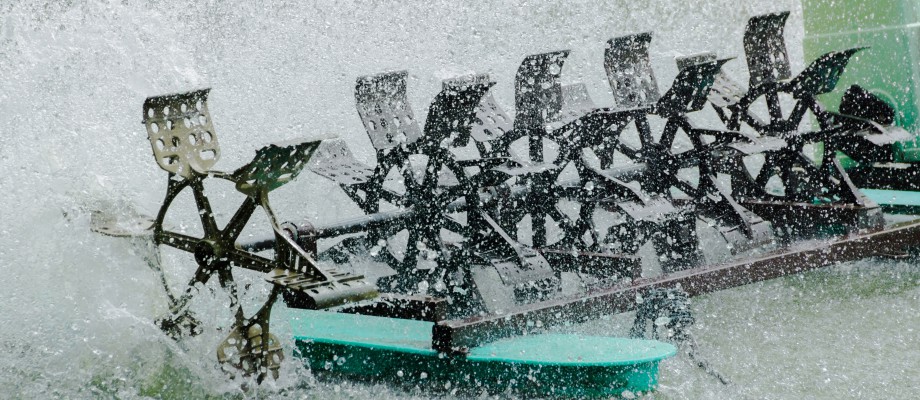Bridging the Gaps: Challenge Day with Severn Trent Water

The Bridging the Gaps Challenge Day gives you the opportunity to work with representatives from the Severn Trent Water. This is a unique opportunity to understand some of the challenges faced by this company and what questions they have that may benefit from utilising knowledge in antimicrobial resistance, whether currently applied to the clinical or environmental fields.
Severn Trent will share what they do as a company, learn from us as a research community, and build on any knowledge that may be translated to several issues/queries of interest. Severn Trent participants will include:
- Catchment team members who work with the rivers and the inputs they receive eg run off from farms
- Microbiology manager for the company who focuses on potable treatment works to produce drinking water
- Research and development team member looking at the concerns and needs of the company within potable treatment
- Drinking Water Safety Plans team member on legislative drivers and with expertise in chlorine resistant microorganisms
Potential challenges and unknowns may include:
- Translating understanding from the clinical and AMR to microorganisms that are being recognised as chlorine resistant (chlorine being used for disinfection to produce drinking water quality). What are the mechanisms for developing and spreading resistant microorganisms? How can we best treat and mitigate AMR and other resistant microorganisms in the potable treatment works or in the catchment rivers that are the source of water entering potable treatment works?
- Knowledge exchange and questions on the microorganism type (culture versus environmental) for use in R&D and in analytical testing. The microorganisms in potable treatment are very hardy and R&D and analytics can suffer from inappropriateness when using cultured microorganisms. What microorganisms should we use? How may we develop better methods to detect for resistant microorganisms in real world samples?
- How does the water (and microorganisms within) from the catchment rivers change and how is the quality of this water impacted by other inputs (e.g. farm run off). How can the potable treatment works cope (or not) with this water source and microorganisms within? What is the microbial community in rivers and how has it changed?
- In situ/sensors for detecting resistant microorganisms. How can we analyse for resistant microorganisms? Can this be done quickly and/or in situ?
Attendees will work with each other and Severn Trent participants to investigate opportunities to apply current knowledge to antimicrobial resistance in the real world water environment and also learn and apply to other challenges that the company faces and attendees identify. There is the opportunity to translate knowledge from the water field into other areas where AMR is a concern.
If you develop novel research ideas at this event you will be able to apply for pump prime funds from the Bridging the Gaps Awards fund during spring 2016.
Please book early. There are spaces for just 30 attendees and booking closes on Wednesday 6 January.
Tags: AMR, antimicrobial resistance, Bridging the Gaps, funding, research, School of Mathematical Sciences, Severn Trent Water
Leave a Reply
Upcoming Events
Free webinar: How to grow your ‘growth mindset’
25 April 2024

